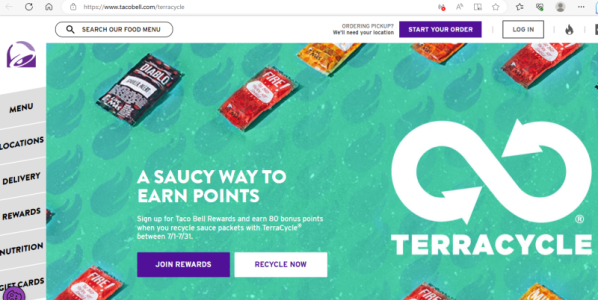Here we go. My top 11. There are many more things we do, but here are the big ones.
1. Over the years, we've made a lot of improvements to our home for energy and water efficiency. Insulation, lighting, appliances, roofing, window screening, shower heads, etc. And we live in a much smaller house than the average, or what we could have afforded. We bought what we needed and nothing more. We keep the heat/ac lower or higher as appropriate. Solar would be nice, but we have too many trees. (See below.) In the choice between trees or solar, we've chosen trees.
2. Reduce, reuse, recycle and REFUSE. If I don't need it, I don't take it or buy it. That includes things like plastic silverware or condiments for takeout, bags for one item, products that come in ridiculous packaging, etc. I refuse as much as possible, or vote with my wallet against ridiculous practices. I also do the "hard" task of making sure waste goes to the proper place, like taking e-waste to the proper facility, paint and motor oil to the right places, etc. It isn't always convenient because our local government hasn't made it easy to dispose of certain things, but I do it.
3. Growing some of our own fruits and veggies and composting for fertilizer. I buy local when I can for things like eggs and veggies. We have great local farmers here and an awesome farmer's market, so I go there to cut down on shipping and chemical waste.
4. Driving as little as possible and combining trips when I do go out. I'd love to go electric and will on the next car, but for now we're focused on wearing out what we have. With how little we drive, it will take a while.
5. Gave up long haul travel and cruising. Part of this was not for environmental reasons, but I know it helps and I feel good about the choice. I got to the point where it was just so exhausting and annoying to fly, etc. that it really wasn't worth it to me. Yes, there are lots of things in the world that I'd still like to see, but I realized that there is a lifetime's worth of things to see and do within a 6-8 hour drive of my house. We're fortunate to live relatively close to mountains and beaches, lots of historical areas, several big cities with attractions and museums of their own, etc. I don't miss "big" travel. If I do want to go further from home, we live near a train station and really enjoy slow train travel.
6. Buy used or borrowing whenever possible, and keep as much of my stuff out of landfills by selling, trading, and repurposing as much as possible.
7. This isn't out of a sense of environmental justice or anything, but on the day after trash collection, I've taken to grabbing a bag and my pick up claw and taking them with me on my daily walk to pick up all the trash that blows off the trash truck. I usually come home with a full kitchen garbage bag. It's disheartening to see how many of my neighbors just leave that stuff and then mow it. Or leave it until it blows away. They see it, but somehow decide it's not their problem. I'm thinking, "Fine, you didn't put it there, but how much trouble is it to pick it up out of your yard and put it in the trash?" I just don't like to look at it, and I don't like to think of the wildlife caught in a bottle or bag, or eating it. I'm hoping to lead by example, but so far I'm still the only one bothering. I guess it's my personal windmill to tilt at.
8. When we built this house, we left as many trees as we could and have since planted more. We take good care of our little forest and leave as much natural as we can. Very little grass, it's mostly natural area, so no watering or fertilizing. What we do mow, we use an electric mower and battery weed whacker. We don't spray for bugs or anything and we just let them be. We've cultivated a wildlife habitat by providing water and food sources for bugs and animals including native plants. It doesn't help the world at large, necessarily, but we're happy to help the local wildlife.
9. Eat very little meat. For both health and environmental reasons.
10. Use as few chemicals as possible. Natural cleaning products, no fertilizer or weed killer, no bug spray unless I have no choice (I do treat for termites, wasps if they build in dangerous areas, etc.).
11. I volunteer, donate, and vote for policies and and causes whenever I have the chance.
Bonus round: All of my dogs have been "used," rescued from shelters.

